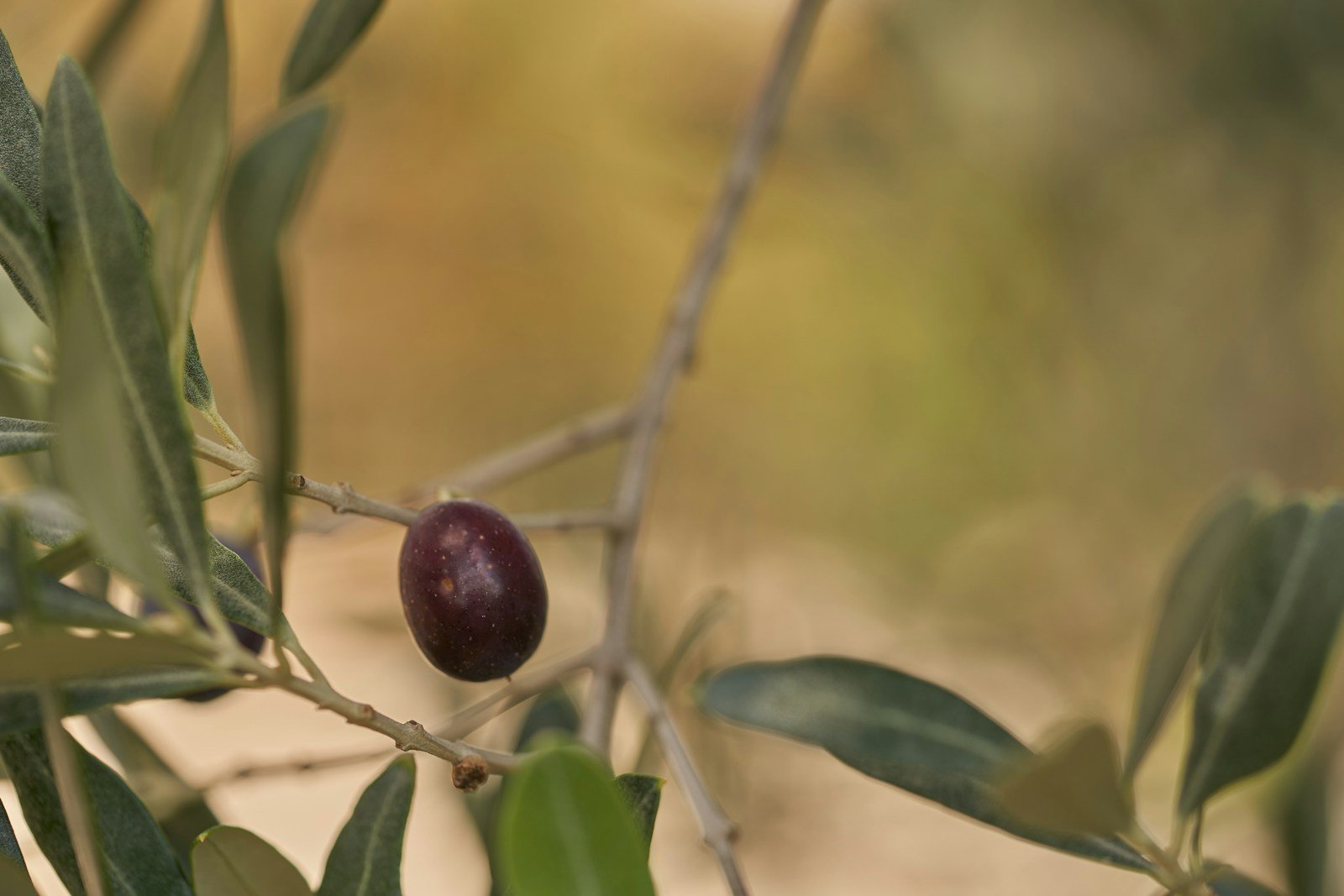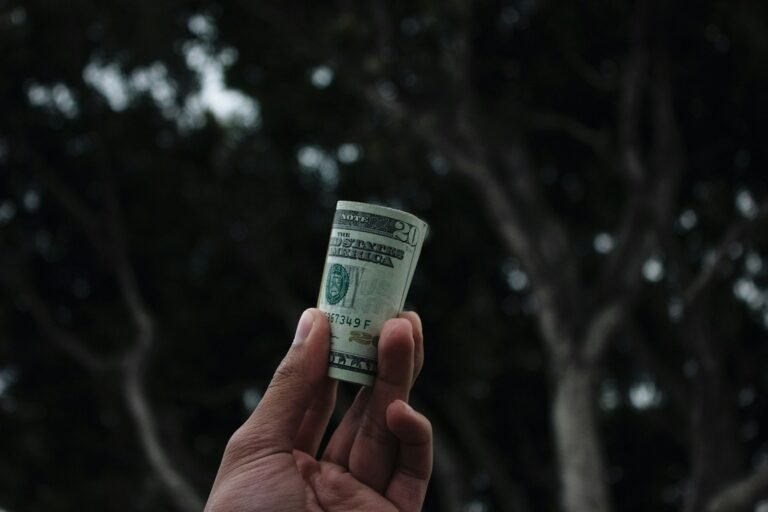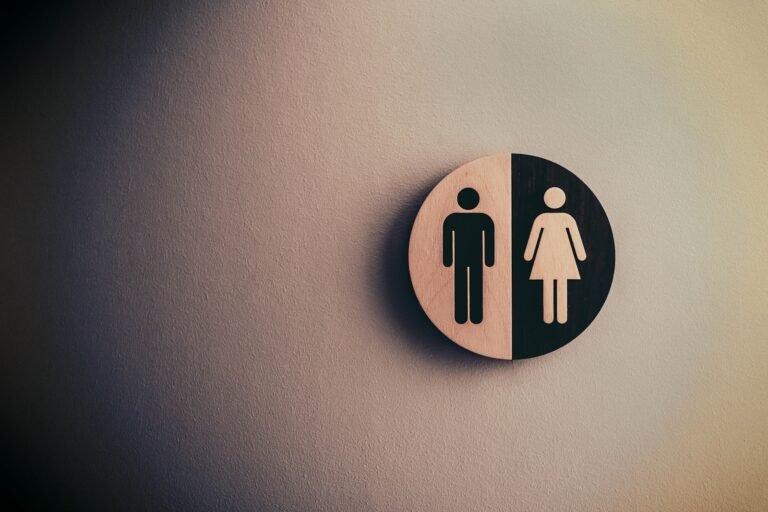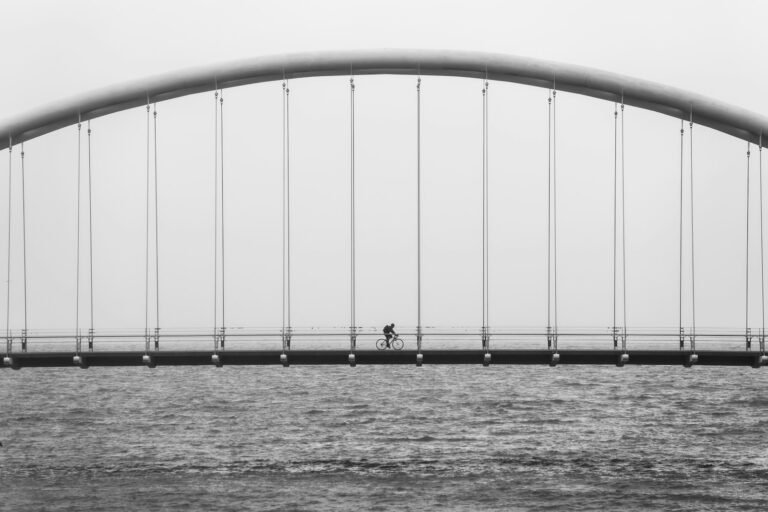When Chronic Illness Took My Body, It Took My Identity Too
Living with a chronic illness doesn’t just change your health. It rewrites who you are.
For me, psoriatic arthritis didn’t just mean pain. It meant losing the identity I’d built since I was a kid: athlete, competitor, future NHL player.
This is my story of chronic illness and identity loss and how I started rebuilding from the ground up.
The First Signs That Everything Was Changing
It didn’t start with a diagnosis. It started with a toe that looked like a kalamata olive. Then my knees swelled until I couldn’t bend them. Then my spine burned. Sleep disappeared.
Each morning brought something new: hips, ankles, shoulders. Every joint aching as if overnight my body had aged decades.
I was 15. Just weeks earlier, I’d had a routine cyst removal. No one expected what came next. I cried myself to sleep almost every night. Sometimes I woke up already crying. The tears were the only thing that helped, until they didn’t.
Eventually, a naturopath connected the dots: a bacterial infection had triggered an autoimmune response that flipped a genetic switch. My system was in survival mode.
The Real Loss: Identity, Not Just Health
When people ask what chronic illness takes, they expect me to say freedom, comfort, or health.
What it really took was who I thought I was supposed to be.
I was a high-performance athlete with NHL dreams. Hockey wasn’t just a sport; it was my identity. MVP. Grinder. Leader. Then suddenly, I couldn’t walk up stairs without wincing.
I wasn’t just sick. I was erased.
The Shame Spiral of Looking “Fine”
The invisibility made it worse. Teachers thought I was lazy. Friends thought I was flaking. One told me, “You just don’t want it bad enough anymore.”
I started dressing down. Walking slower. Just so people could see the pain. But I hated that too. Hated needing proof.
So I went quiet.
From 17 to 20, I spiraled: alcohol, marijuana, denial. Told myself it was just an injury. That one day I’d wake up and be me again. But days became weeks. Weeks became years.
No therapy. No help. Just breaking in silence.
The Quiet Shift That Saved Me
There wasn’t one dramatic moment. Just a slow, stubborn ache. Not in my joints, but in my mind.
I remember sitting alone in the basement, numb again, staring at my reflection in the black screen of a TV. I didn’t recognize myself.
That was the night I knew: this isn’t living.
The rebuild wasn’t glamorous. I started showing up to class again. Ate a little better. Put down the pot. Started a relationship. Ran a painting business. Paid my way through college.
Piece by piece, awkwardly, with no guarantees, but I was rebuilding.
Still Benched. Still Showing Up.
At 40, I’m not chasing NHL dreams. But the pull to prove I’m still strong? It’s there.
Sometimes I say yes when I should rest. Sometimes I skip stretches to avoid being “that guy.” But I catch it faster now. Adapt quicker.
Last week, I skipped dinner plans to ice my knees. The old me would’ve pushed through to feel “normal.”
The me I’ve built now? He leads himself, even when it costs something.
The Pain You Can’t See
The hardest part of chronic illness identity loss is invisibility.
People see me and assume I’m fine. They don’t see the planning it takes to get through a single day. They don’t see the pain math before every commitment. Or how often I cancel.
A coworker once rolled their eyes when I canceled a meeting during a flare-up. “You don’t look sick,” they said.
I smiled back. But inside, I wanted to disappear.
The Moment That Still Haunts Me
One winter morning, walking to school, I slipped on ice. My whole body jolted: knees, hips, ribs.
I lay there in the snow, tears freezing on my face. Thought about turning back.
But I didn’t.
I closed my eyes. Took three breaths. Waited for the pain to dull from a 9 to a 7. Then I stood and kept walking.
No one saw me fall. No one knew. But I learned something that day:
You don’t need an audience to be resilient.
The Ending That Isn’t One
Some days I still wonder who I’d be if my body hadn’t betrayed me. Maybe NHL. Maybe a louder, faster life.
Other days, I don’t care.
Because the version of me that survived? He’s still becoming. Still shaping a life around what works.
That version is still building.
Your Turn
What did chronic illness take from you — physically or not?
And what version of you is still becoming?
Suggested Reads
- Step into my daily systems → Living at a 6/10: My Chronic Pain Daily Routine for Remote Work Survival
- The full story of how I rebuilt → How I Rebuilt My Life With Chronic Pain and Remote Work: 25 Years of Resilience
- Why mindset shifts matter as much as gear → Rewiring My Chronic Pain Mindset: The Shift That Gave Me My Life Back






